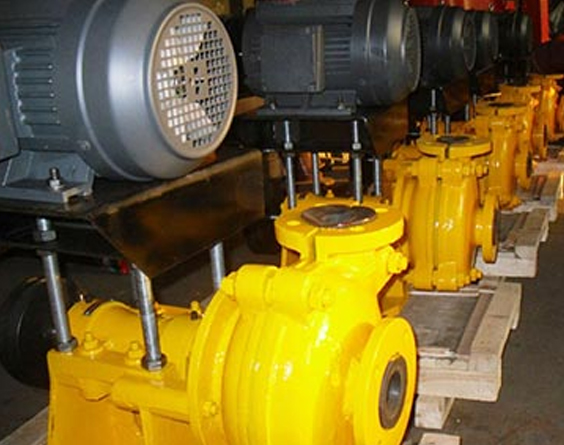Dec . 09, 2024 14:40 Back to list
fgd pump supplies
Understanding FGD Pump Supplies and Their Importance in Industrial Applications
Flue Gas Desulfurization (FGD) systems play a crucial role in the reduction of sulfur dioxide emissions from power plants and other industrial facilities. As environmental regulations become increasingly stringent, the need for effective and efficient FGD systems has become paramount. A key component of these systems is the FGD pump supplies, which ensure that the process operates smoothly and effectively.
What is FGD?
Flue Gas Desulfurization is a set of technologies used to remove sulfur dioxide (SO2) from the exhaust gases of fossil fuel power plants, as well as from the emissions of other industrial processes. SO2 is a significant contributor to air pollution, leading to the formation of acid rain and causing respiratory problems in humans and animals. By employing FGD technologies, industries can significantly reduce these harmful emissions, contributing positively to the environment.
The Role of Pumps in FGD Systems
In an FGD system, pumps are responsible for transporting slurries of limestone, water, and other additives to react with the flue gases. The process typically involves the following steps
1. Preparation of Slurry Lime or limestone is mixed with water to create a slurry, which is essential for the reaction with SO2. 2. Pumping the Slurry Specialized pumps are used to ensure that this slurry is consistently and reliably pumped to the scrubber where the actual scrubbing process occurs. 3. Removal of By-products After the reaction, the by-products, primarily calcium sulfate or gypsum, need to be removed from the system, which also involves strong pumping systems.
Choosing the right pumps and ensuring a reliable supply of FGD pump supplies is vital for the overall efficiency of the FGD system.
fgd pump supplies

Types of Pumps Used in FGD Systems
Several types of pumps are utilized within FGD systems, each suited for different applications
1. Centrifugal Pumps Commonly used for pumping clean liquids and can be adapted for slurry services, these pumps are favored due to their efficiency and reliability. 2. Positive Displacement Pumps These are often used when high viscosity slurries need to be transported. They provide accurate flow rates and can handle thicker mixtures. 3. Diaphragm Pumps These pumps are effective for handling corrosive materials at varying pressures, making them a good fit for certain phases of the FGD process.
Importance of Quality FGD Pump Supplies
Quality FGD pump supplies are critical for ensuring the durability and efficiency of the system. Factors to consider include
- Material Compatibility Given that the materials involved can be corrosive and abrasive, it’s important that pump materials are resistant to wear and tear. - Capacity and Performance Pumps must be carefully selected based on the specific requirements of the FGD system, including flow rate, pressure, and slurry characteristics. - Reliability and Maintenance Investing in reliable pumps that require minimal maintenance can lead to significant cost savings and uptime, making them a crucial aspect of FGD operations.
Conclusion
As industries strive to meet increasing environmental regulations, Flue Gas Desulfurization systems are becoming a standard part of operational practices. The importance of FGD pump supplies cannot be overstated, as they play a pivotal role in ensuring the effectiveness and efficiency of these systems. Companies must be diligent in selecting the right types of pumps and maintaining high-quality supplies to achieve optimal results in their environmental initiatives. By investing in the right technology and equipment, industries can not only comply with regulations but also contribute to a cleaner, more sustainable future.
-
China Portable Slurry Pump Manufacturer - Durable & Efficient Submersible Design
NewsMay.29,2025
-
High-Quality Submersible Slurry Pumps Reliable Manufacturer & Supplier
NewsMay.29,2025
-
High-Quality Sand Dredge Pump 8 Durable Manufacturer & Supplier
NewsMay.29,2025
-
Electric Submersible Slurry Pump - Durable & Efficient China Suppliers
NewsMay.29,2025
-
Submersible Slurry Pump with Agitator Durable China Suppliers & Manufacturers
NewsMay.29,2025
-
Vertical Sump Pump Rubber Lined - Durable Corrosion-Resistant Design China Manufacturers
NewsMay.29,2025
